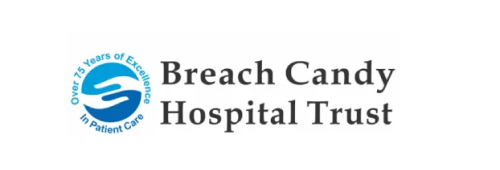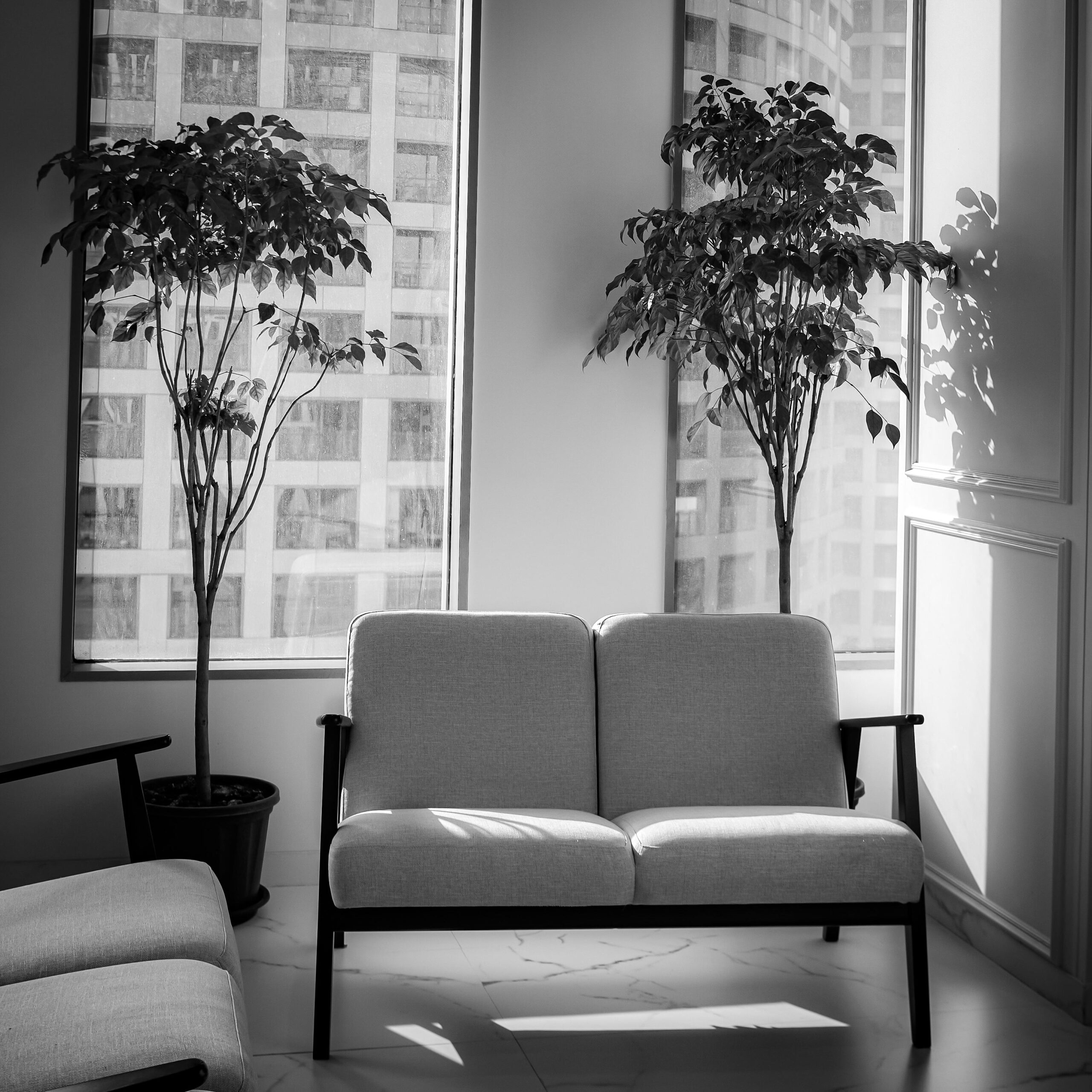Pre surgery requirements
Routine tests and physician clearance are required before surgery. We can provide the list of requirements based on your medical needs and history.
Hospital Options
Dr. Ramani offers surgery at these three top hospital in Mumbai
- Breach Candy Hospital
- Lilavati Hospital
- Saifee Hospital



A Day before surgery
- For all Robotic surgeries, patients are admitted to the hospital by noon the day before surgery.
- Our team assists in the admission process at the hospital.
- Lunch is allowed that day. Following lunch, patients are allowed only water the whole evening.
- Intravenous fluids ensure patients do not feel hungry or thirsty.
- In the room, pre surgery checkups are completed this afternoon by the team anesthetists, physicians and surgical team.
- One family member is allowed in the room with the patient 24 hours.
- Visiting hours are 4pm to 6 pm for up to two visitors.
- Enema is given the morning of surgery.
- Most surgeries start around 8 am. A trolley from the operation
- The theatre comes to the room to take patients to the operation theatre fifteen minutes before the surgery. Families can accompany patients to the theatre floor up to the operation room lobby.
- Once in the operation theatre, patient is met by the anesthesia team and general anesthesia is administered through an IV injection.
- Once general anesthesia is complete, the surgical team positions the patient on the table in a specific position for the surgery.
Post Robotic Surgery Experience
- After surgery is over, patients are given a medicine intravenously to reverse the general anaesthesia and patients are alert and awake within 20 mins of this.
- Our patients are usually not sent to the ICU after surgery but are kept in a recovery room in the operation theatre for an hour or two for observation.
- Once the anaesthetist deems patient is safe, they are taken to their room where they can be with their family member.
- Patients are kept nil by mouth that day, on intravenous drip.
- By evening same day, most patients are able to take a small walk in their room or are sitting comfortably in their bed. The pain is minimal (if at all) and easily tolerable. Very few patients need pain killers, which are however available on demand.
- The morning after surgery, patient rehabilitation begins where patients are made to walk for 15 minutes, every two hours in the corridor outside the room.
- Sips of water are allowed the day after surgery with intravenous fluids continued.
- Solid food is allowed on the second day after surgery.
Post Operative Surgical Care
- Post-surgery, patients are cared for by the surgical team which includes fully qualified surgeons training under Dr. Ramani and very experienced and compassionate nurses.
- Patients are provided with a concierge who is available on phone 24 hours a day, in case they need anything or service is not up to mark.
- Dr. Ramani rounds on the patient with his team once a day and is informed about patient regularly through the day.
- A WhatsApp group is formed just after admission which can be used by patient or family to reach out to the surgical team 24 hours. This group remains active lifelong.
- After discharge, a doctor from the surgical team visits the patient at home/hotel room every day for next 5 days.
Payment options
- We offer detailed cost estimates for every surgery. We believe that patients should not be inconvenienced or surprised with the hospital bill at the time of discharge.
- The cost is estimated depending on the surgery needed, the level of the complexity in the surgery, the room category and the medical needs of the patient.
- The patient or the family need to approve the estimate before the admission.
- All admission formalities and paperwork are done by our office.
To know more visit the “Payment Options” Page on our website.

